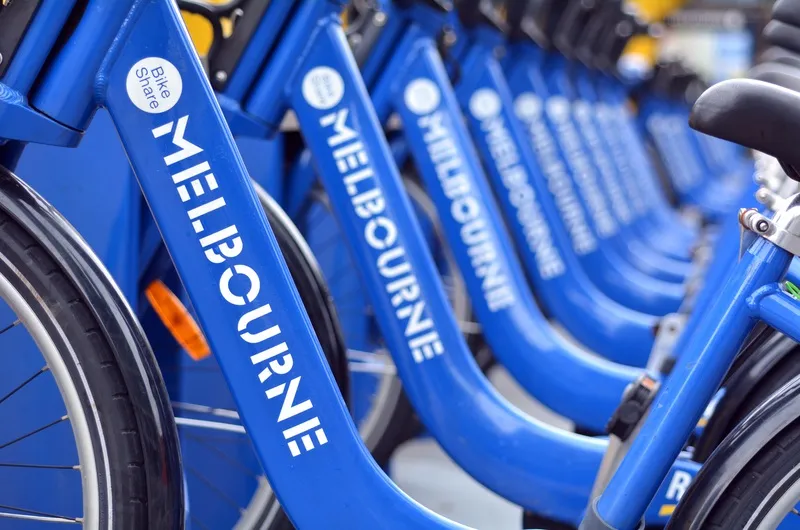
The first intended deployment of shared driverless vehicles (SDVs) in America has been announced at Bordeaux by
Its EZ10 SDV vehicle is designed to transport up to 12 people the ‘last mile’ to and from transport hubs in areas where cars are either off limits or where parking is limited. EasyMile is a joint venture between vehicle manufacturer Ligier and robotics specialist Robosoft, and its EZ10 is to be tested under an exclusive agreement with Californian-based GoMentum Station.
Contra Costa Transportation Authority (CCTA) has approved the prototype testing of the low-speed (20km/h cruising, 40km/h max) electric SDVs at the Bishop Ranch business park in northern California. The service is expected to start in summer 2016.
“This technology offers a new approach to helping travellers get to transit stations, business districts and other local amenities without the hassle of driving and parking,” said CCTA executive director Randell Iwasaki. Speaking to the Daily News during the exhibition he said: “This is fantastic news for both CTA and the US autonomous and connected vehicle programme.”









